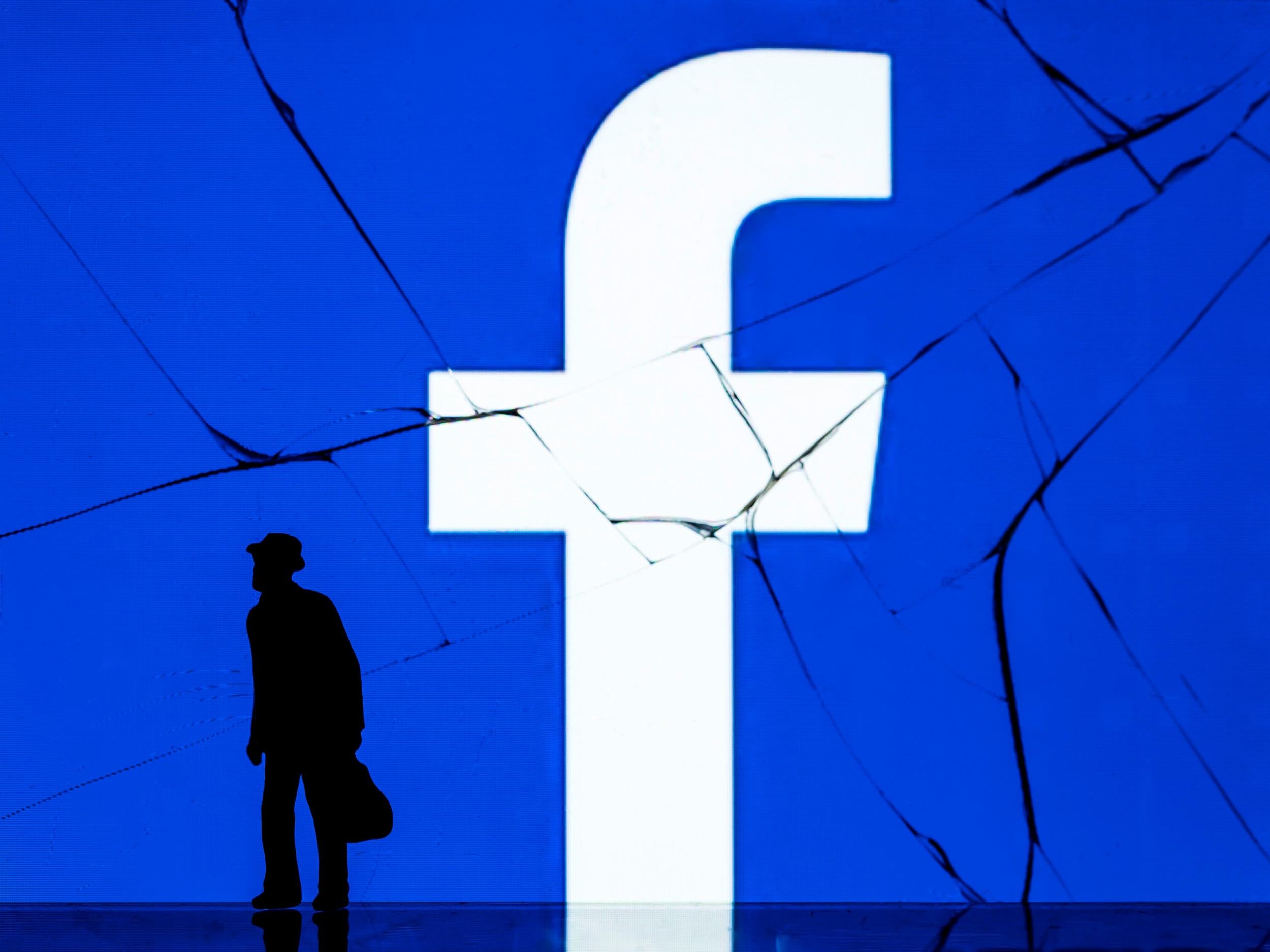Will Facebook’s attempt to shake up global finance pay off?
The social network is trying to reinvent money in a move aimed squarely at the unbanked in emerging markets


Facebook has put a crypto cat among the digital-currency pigeons with the launch of Libra, its much anticipated new digital coin. The venture is being pitched at what people like to describe as “emerging markets”, which tend to contain significant numbers of people who lack access to banking services, and is what’s known as a “stablecoin”.
What that means is that it will – as distinct from, say, bitcoin – be underpinned by a basket of global currencies and securities. The aim is to ensure that its valuation doesn’t move like the latest Disney theme park rollercoaster, which would severely crimp its ability to serve as a unit of exchange as opposed to a unit of speculation.
Facebook has also been at pains to nix any impression that it’s a means for the empire to extend the reach of the dark side of the data force, despite the lead role it has played in developing the thing, and the blockchain software it will run on.
The cryptocurrency will therefore be governed in Geneva by the Libra Association, whose members have each ponied up $10m (£8m) to get an equal vote and serve as Libra nodes. Facebook will have just one of those votes alongside the likes of financial-services outfits such as Visa and Mastercard, payment companies such as PayPal, some of the digital businesses that might use it (eBay, Lyft, Uber, Spotify), and even Vodafone, which has a presence in several emerging markets. Lots of people without bank accounts still have mobile phones that operate over its networks, which are a key part of this.
Clearly Facebook doesn’t want to scare either potential users, or, more to the point, the regulators and politicians that are crawling all over it in the wake of the privacy and data scandals that have bedevilled the company. It has a separate vehicle for its Libra-related transactions called Calibra, that won’t make much money at first but could soon do so through the expansion of related services. Lending is one possibility that has been mentioned.
Facebook has tried to reassure potential users that transaction data won’t be shared with ad-targeting companies if they don’t want it to be.
Regulators have also been told that Libra wants to cooperate with them. So they’ll presumably get a tour of the building and lots of reassuring noises about them not needing to worry too much. There have also been promises made about compensating Libra users who get hacked and to make sure it doesn’t become the vehicle of choice for fraud and money laundering.
It’s true that extending the ability of people to access digital marketplaces, and to buy and sell services through them, could be a thoroughly welcome development. But there are already schemes, digital wallets for example, that have grown up to facilitate this in places where people lacking access to traditional financial services is a problem. They just don’t happen to involve Facebook.
Libra would certainly appear to have potential in areas where costs can be debilitating, such as the transfer of monies overseas by immigrant communities.
Ultimately its success or failure will be heavily dependent on how comfortable people feel about trusting Facebook with the reinvention of money in places where they often resort to dollars. Even if the 6 million questions surrounding it are answered enthusiastically, shearing off Calibra might be something for the break-up-big-tech lobby to take a close look at.
What’s also interesting about the Libra Association is who’s not involved: there’s no Google or Apple or Amazon.
Join our commenting forum
Join thought-provoking conversations, follow other Independent readers and see their replies
Comments
Bookmark popover
Removed from bookmarks